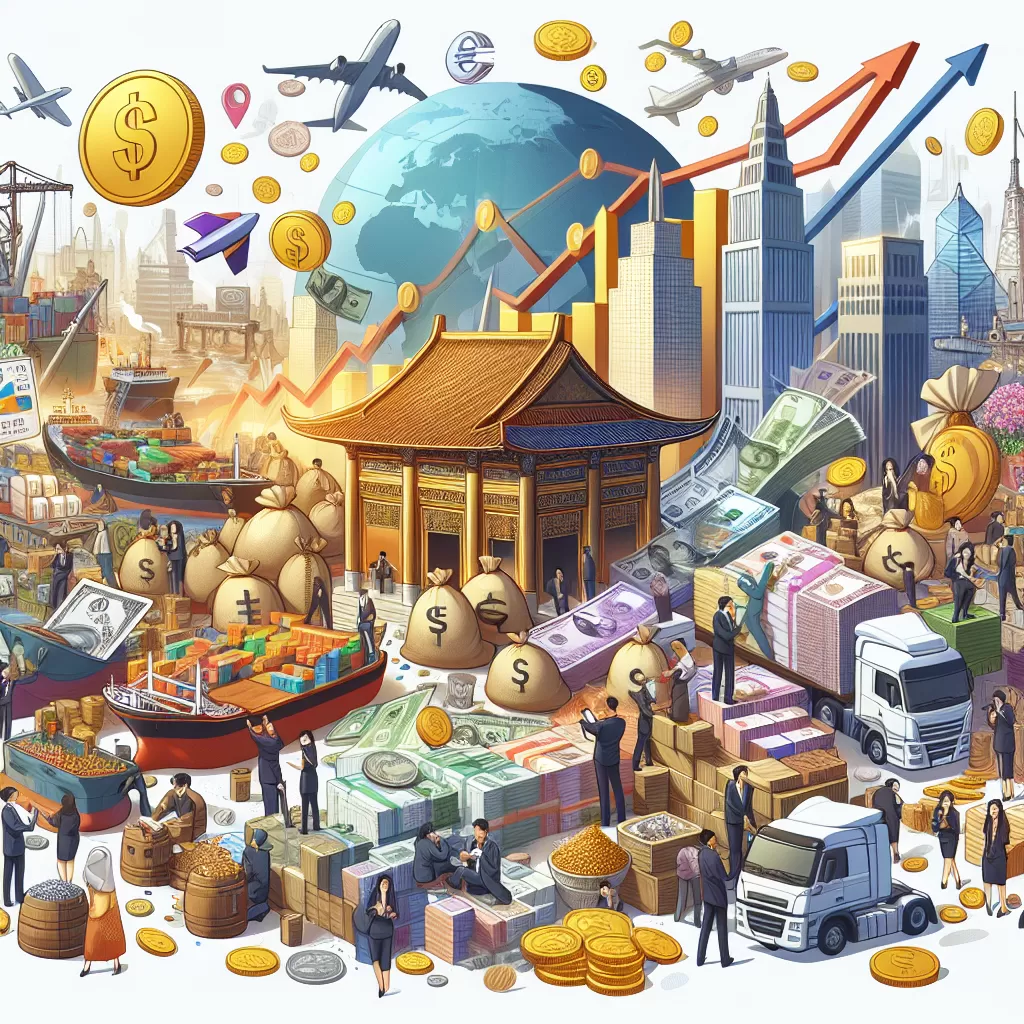What Impacts Currency Exchange Rates
Follow Currency Mart April 10, 2024
Where to purchase Foreign Currencies?

Introduction to Currency Exchange Rates
Trading goods and services across international borders requires a system of exchange that everyone agrees on. Enter: currency exchange rates. They're the financial measures that determine how much one country’s currency is worth compared to another's. But what factors impact these rates? As the Guardian of Currency Exchange, allow me to take you through this complex web of international currency exchange rates.The Strength of a Country's Economy
This factor rests both on local markets and on the international economic scene. A country with a strong, growing economy will attract investors from around the globe. These investors will have to purchase the country's currency to invest, increasing demand and therefore, the exchange rate. Key indicators of economic health to watch for include GDP, employment rates, and retail sales statistics.Inflation and Interest Rates
Inflation and interest rates are closely linked to currency exchange rates. Countries with lower inflation typically see an appreciation in the value of their currency. Similarly, higher interest rates can offer lenders higher returns, which draws more foreign capital. This causes a rise in the currency's exchange rate.Political Stability and Performances
A stable political climate invites foreign investment, thereby strengthening a nation's currency. Conversely, political tumult or instability can weaken a currency. It stands as a Risk Factor which investors, traders, and businesses consider when making economic decisions.Debt Levels
Countries with large quantities of public debt are less inviting to foreign investors due to the risk of inflation or default. This lack of foreign investment can significantly impact the country's exchange rates.Terms of Trade
The ratio of export prices to import prices, or the terms of trade, plays a crucial role in determining exchange rates. If a country’s terms of trade improve due to high export rates, its currency value will rise.Geopolitical Events
Geopolitical events such as wars, natural disasters, and political upheaval historically lead to uncertainty in global markets. This uncertainty influences currency exchange rates, as traders and investors seek out "safe-haven" currencies, often at the expense of other, riskier currencies.Market Speculation
Market speculation can have a significant impact on currency exchange rates. If traders believe a currency's value will rise in the future, they will buy more of it. This increased demand will push up the value of the currency.The Role of Central Banks
Central banks, such as the Federal Reserve in the United States, or the Bank of Canada, can influence their respective country's currency exchange rate. They manage the money supply, inflation, and interest rates, and often have official or unofficial target rates for their currencies.Conclusion
Currency exchange rates swim in a sea of complexity, influenced by numerous factors on both a macroeconomic and geopolitical level. By understanding the mechanisms that affect exchange rates, one can better navigate the nuanced terrains of global finance, trade and investment. Remember, while the current state of financial affairs can be analyzed, predicting future exchange rates remains a challenging task. As the Guardian of Currency Exchange, I shall continue to observe, analyze, and guide you through the evolving realm of currency rates.
Where to purchase Foreign Currencies?